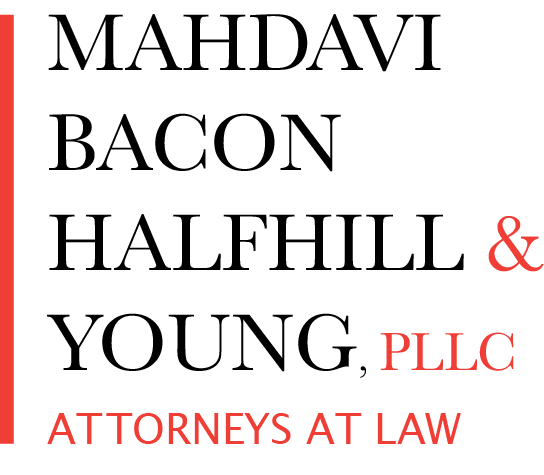
Corporate Transparency Act Will Impact 32 Million Small Businesses
Effective January 1, 2024, nearly every legal entity incorporated or registered to do business in the United States will be required to report certain ownership information to the federal Financial Crimes Enforcement Network (FinCEN). As our Fairfax, VA business lawyer can tell you, the Corporate Transparency Act (CTA) is likely to catch small business owners — most of whom have never had a federal reporting requirement beyond their taxes — by surprise.
The CTA, established under the National Defense Authorization Act of 2021, aims to curb illicit financial activities such as money laundering, terrorist financing, and other fraud. Businesses that fit the criteria of a “reporting company” under the CTA will have one year to comply.
A reporting company is defined as a domestic or foreign corporation, limited liability company, or similar entity that was either formed or registered to do business in any state or jurisdiction. FinCEN estimates that at least 32.6 million organizations will be affected in year one, most of which will be small businesses.
What Do You Need To Report?
Reporting companies must submit a confidential report called a Beneficial Ownership Information Report (BOIR). Required information includes the following:
- The company’s legal and trade names
- Current address
- Jurisdiction of formation
- FEIN or taxpayer identification number
The report must also include information on any “beneficial owners” as well as the “company applicant.” A beneficial owner is defined as any individual who directly or indirectly exercises substantial control over the business or controls at least a 25% ownership interest. A company applicant is the individual who filed the documents to create the entity.
BOIR will require the following for each:
- Full legal name
- Date of birth
- Current address
- Unique identifying number from an acceptable document (e.g., a passport or driver’s license) as well as copies of such document
Note that the “substantial control” stipulation could cast a wide net over who is considered a beneficial owner. This will include senior officers, as well as those with indirect control through joint ownership and individuals who control an intermediary entity. Beneficial ownership will also extend to those individuals represented by a nominee such as a custodian, agent, trustee, etc.
When Are Reports Due?
The team at Mahdavi, Bacon, Halfhill & Young, PLLC knows reporting companies formed before January 1, 2024, will have a year to submit their BOIR. However, any companies formed on or after that date may have as little as 30 days to file. (A Notice of Proposed Rulemaking has been filed that will likely offer a temporary 90-day extension, but only for those companies formed in 2024.) Additionally, businesses must keep their beneficial ownership information up-to-date and file an amended report within 30 days of any changes.
Which Businesses Are Exempt?
The CTA identified a number of entities that are exempt from the definition of a reporting company:
- SEC-reporting companies
- Regulated financial services companies
- Insurance companies
- Tax-exempt entities
- Inactive entities
- “Large operating companies” with more than 20 full-time employees and a prior-year tax return showing more than $5 million in gross receipts, operating from physical premises in the U.S.
Compliance Challenges
The CTA goes into effect on January 1, 2024, so it is important for small businesses to start planning now. That will give them time to identify their beneficial owners, collect the required information, and file the beneficial ownership report. Some businesses may have questions about who qualifies as a beneficial owner. That can be difficult for businesses with complex ownership structures or multiple layers of ownership. Others may need time to gather acceptable documentation from beneficial owners who live outside the United States. If you have questions about the CTA and how to comply, consult with your business attorney from the trusted team at Mahdavi, Bacon, Halfhill & Young, PLLC today.

